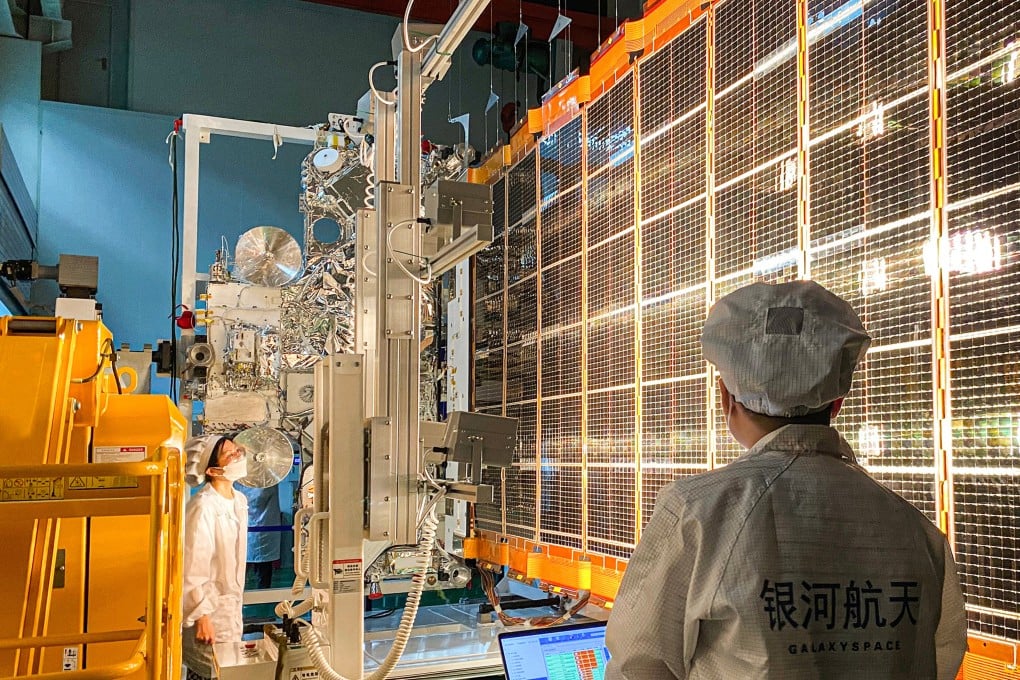How Trump’s tariff war could lift China’s satellite sector
Trade restrictions may hasten China’s drive to make its satellite industry more competitive as it reduces dependence on US components

The trade restrictions could affect up to 30 per cent of the US-sourced specialised satellite components, according to a senior executive from a leading Chinese commercial satellite company, who asked not to be named due to the sensitivity of the matter.
China’s new levies on US goods have risen to 125 per cent, on top of earlier-imposed tariffs after Beijing countered Washington’s move to impose tariffs totalling 145 per cent on Chinese goods since Donald Trump returned to the White House. The effective tariff rate for Chinese imports to the US now stands at about 156 per cent.
While Trump has introduced a 90-day pause for most countries and pressured other nations to limit their trade with China in return for tariff exemptions, the levies on China remain in place, with no sign that Trump will back. At the same time, Beijing has vowed to “fight until the end”.
“Technically speaking, these satellite parts can all be manufactured domestically, but the main challenge is that domestic production comes at a higher cost,” the satellite company executive said.
The higher production costs were due to the smaller scale production of newer Chinese aerospace products that were not yet being widely used in the commercial space sector, the insider said.